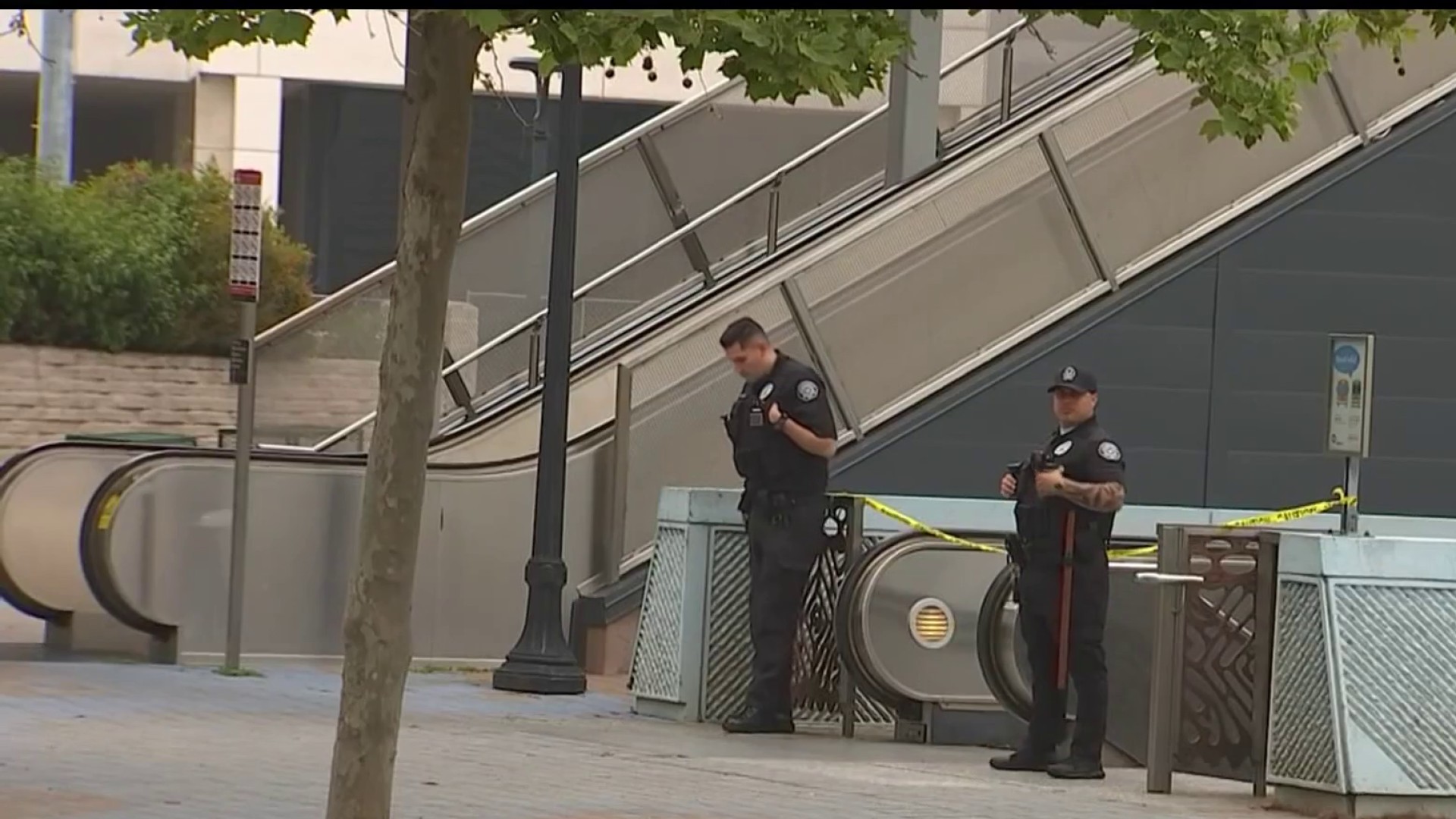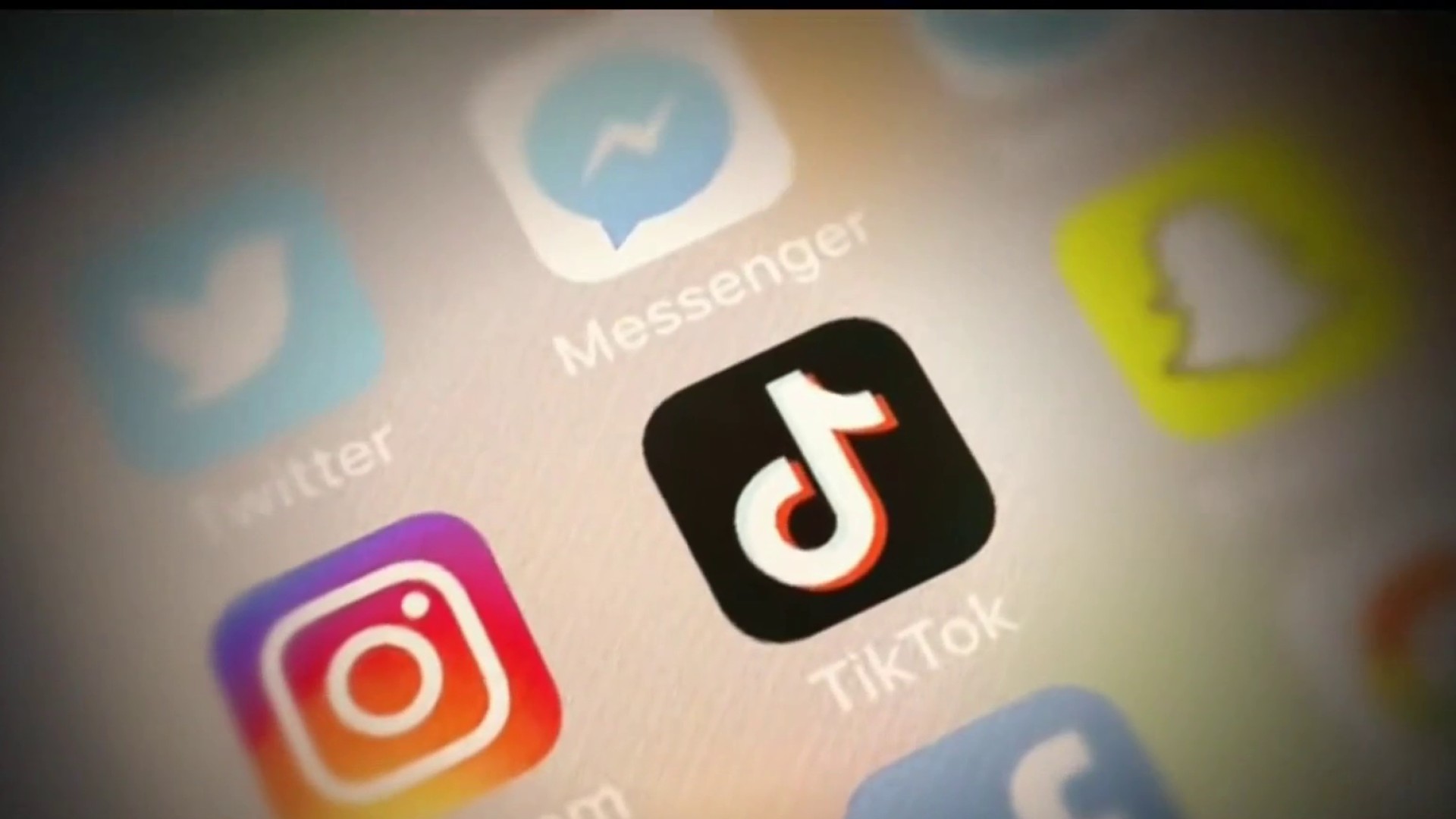The Los Angeles Police Commission on Tuesday discussed a proposal for releasing video from officer body cameras and other sources recorded during shootings and major incidents, but no vote on the issue was taken.
Board Vice President Matt Johnson, who helped craft the potential policy, said the board would likely vote on the proposal during its March 13 meeting after gathering public comments and feedback for several weeks.
The proposal in front of the civilian panel which oversees the Los Angeles Police Department would reverse the LAPD's current policy of not releasing any videos expect when under a court order.
"It is our hope and expectation that by increasing transparency, we are strengthening the bonds of trust between the LAPD and the community we serve,'' Johnson said at the meeting while introducing the proposal.
The City Council enacted a $59 million plan in June 2016 to equip more than 7,000 patrol officers with body cameras, sparking a debate on when video shot during critical incidents should be publicly released.
Under the proposal drafted by Richard Tefank, executive director of the Police Commission, video shot during critical incidents -- which includes shootings, in-custody deaths and other major events -- would be released within 45 days. The new policy would apply to body cameras, in-car video, police facility surveillance video, drones and video, in the department's possession, that was captured by third parties.
"This policy is intended to balance two important interests: the public's interest in transparency and police accountability, and the privacy of interests of the individuals depicted in such videos,'' Tefank wrote in the proposal, under which video could be withheld from public release under certain circumstances, including to protect confidential sources or the integrity of an investigation.
News
Top news of the day
Decisions on delaying the release of video would be made by the police chief and two selected commissioners. If the three-person panel votes unanimously, the video would be delayed from public release for 14 days, and the decision would be revisited every 14 days after and also be presented to the Police Commission, which could overrule the subcommittee's decision.
"These reasons must not be general and must have a factual basis and be specific to the individual case. For example, investigators have identified but not been able to interview a key witness,'' Johnson said.
The use of body cameras has become a prominent issue as the focus on police shootings has grown nationally, and the LAPD has said it hopes the cameras will help build more public trust in the department.
While it is seeking to build trust, the department has been criticized by some for not releasing the videos.
The commission last year retained the Policing Project at New York University School of Law to gather public input into a new policy regarding the release of body-worn camera video. According to a report it released last September, a majority of members of the general public who responded to a Policing Project survey said video shot during critical incidents should be mad publicly within a short period of time.



